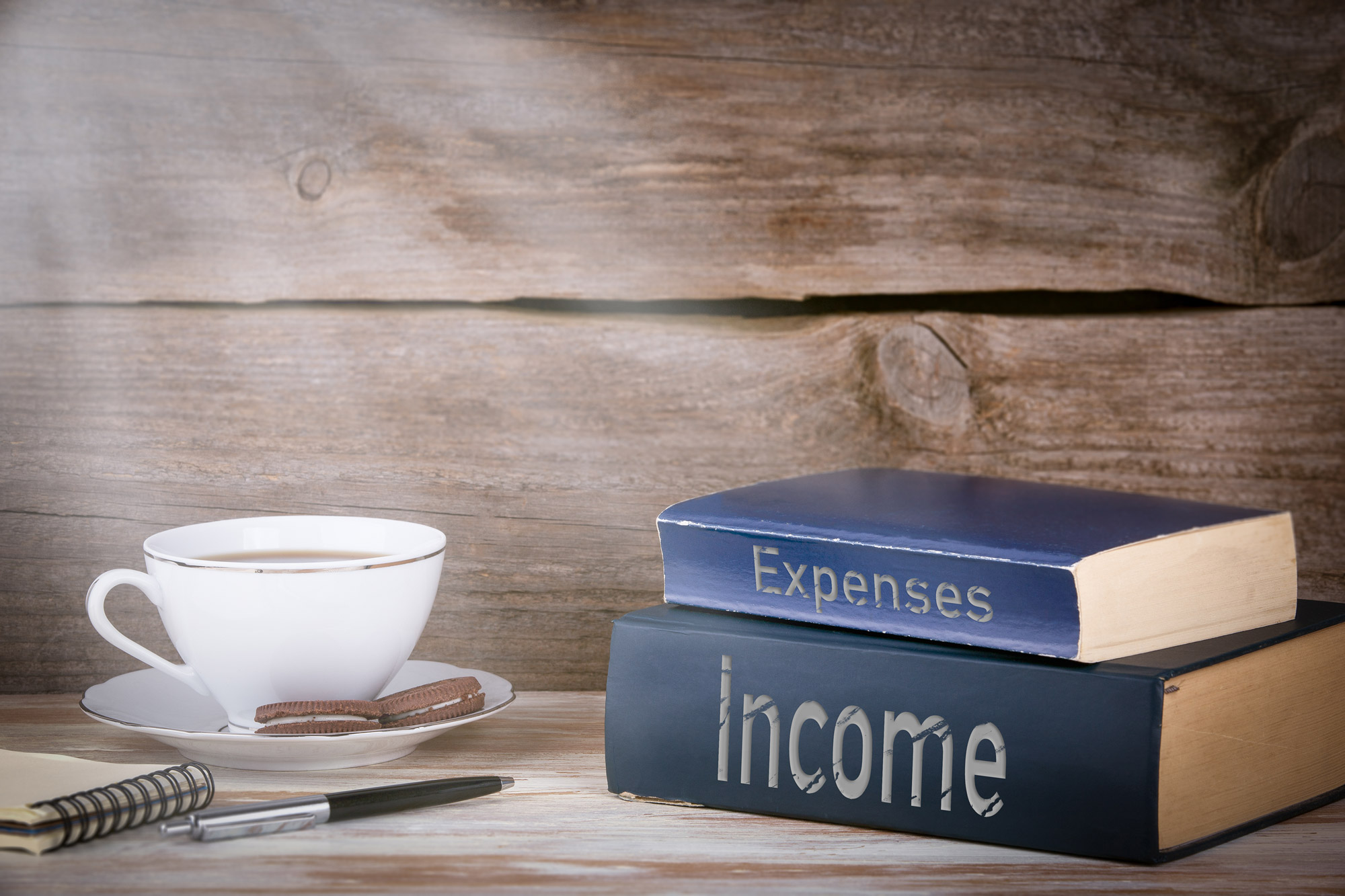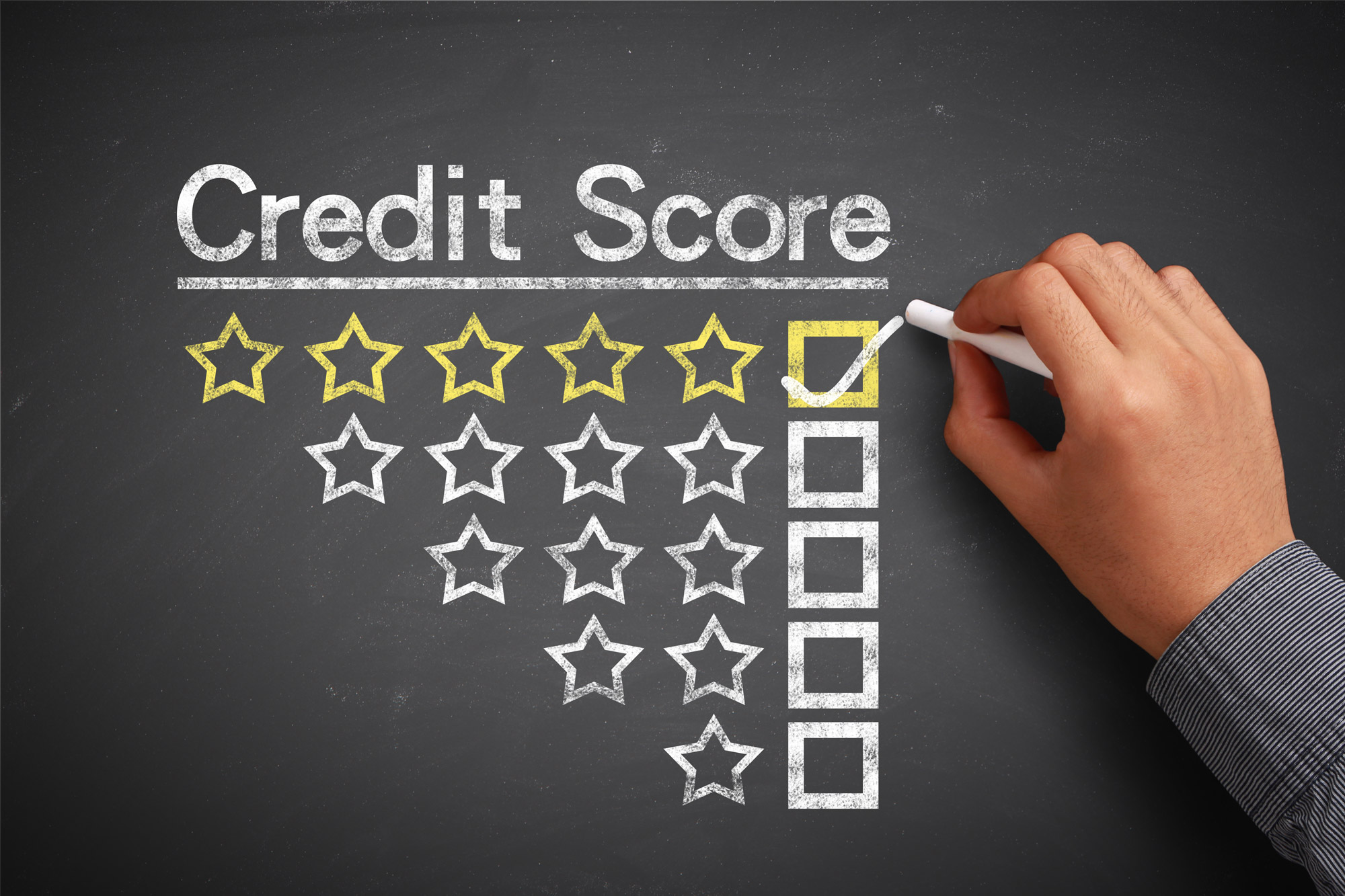I WANT
RELATED LINKS
I WANT
RELATED LINKS
RELATES LINKS
I WANT
RELATES LINKS
Services
Related Links
Use and Management of Cookies
We use cookies and other similar technologies on our website to enhance your browsing experience. For more information, please visit our Cookies Notice.
- Personal Banking
- Stories & Tips
- Tips for You
- Your credit rating: how to get a good financial report card
- Personal Banking
- ...
- Your credit rating: how to get a good financial report card
Your credit rating: how to get a good financial report card
20-02-2021
Written by Nipapun Poonsateansup, CFP®, Financial Advisor
Sooner or later in life, most of us want to borrow some money, whether it's a mortgage, credit card account or smalll business loan. But the bank needs to know you'll pay back what you borrow and do it on time. That's when it's important to be able to prove your financial reliability, also known as creditworthiness. If you have this quality of financial credibility, your application to obtain or expand a credit line is more likely to be approved.
How can you prove that you are a good credit risk? Here are a few tips.
- The first criterion a bank will consider is whether you have a stable job and strong salary base. The more stable your employment, the higher your salary, the more senior your position, the more you will be rated as creditworthy. A full-time employee is likely to be seen as a better credit risk than a freelancer. If you are now an employee but plan to become a freelancer, you should get a credit card and any needed loan before you resign.
- The financial institution will inspect your financial records as part of the process for evaluating a loan application. It wants to make sure you have a solid track record of paying back debts on time.

- Before you submit any application for a loan, don't forget to check your official credit history! This will help ensure that you don't have any problem. You can check your credit report yourself on Thailand's National Credit Bureau website https://www.ncb.co.th/check-your-credit-bureau/where-to-check-credit-bureau
- Having a credit card account can actually help you establish or improve your credit track record. Your past history in paying off credit card debt on time will show that you have sufficient employment, income and discipline to borrow. In other words, a credit card is not just something to facilitate purchases but can be an important tool to gain better access to other financing. A cardholder who spends in a disciplined way and who repays the amount due in full and on time will be judged as a good credit risk.
- Be sure to repay any and all debts on time, no matter what kind of loan it is or the amount. Your timely repayment of debts confirms your creditworthiness.

- Be sure to repay any and all debts on time, no matter what kind of loan it is or the amount. Your timely repayment of debts confirms your creditworthiness.
- Be sure to maintain an active bank account. Your pattern of transactions will be evaluated as primary evidence of your financial condition. It's best if you make large deposits on a steady basis, especially on the same date each month, and withdraw less than you put in
- Your credit rating can also benefit from your savings or investment track record. Simply deposit an equal amount every month into an investment account or a special fixed deposit account. (This special type of deposit account requires you to make equal monthly deposits over a two-year period.) The deposit amount does not matter. What is important is establishing an unbroken pattern of making the deposits every month for at least two years. This method to establish creditworthiness is less direct than successfully paying back a loan. But it creates an official track record that can help you to gain the trust of financial institutions.
- Investing in a mutual fund via monthly direct debits from your bank account can help establish creditworthiness. In case you want to borrow in the future, financial institutions will take account of your loyalty and good discipline.
In conclusion, to earn a good credit rating you need to spend wisely and allocate money to some kind of regular program of investment and savings. Stay disciplined in paying back debts. Establishing and maintaining creditworthiness will help ensure that you can always get access to money when you need it. It will help keep you on the path toward financial success.
